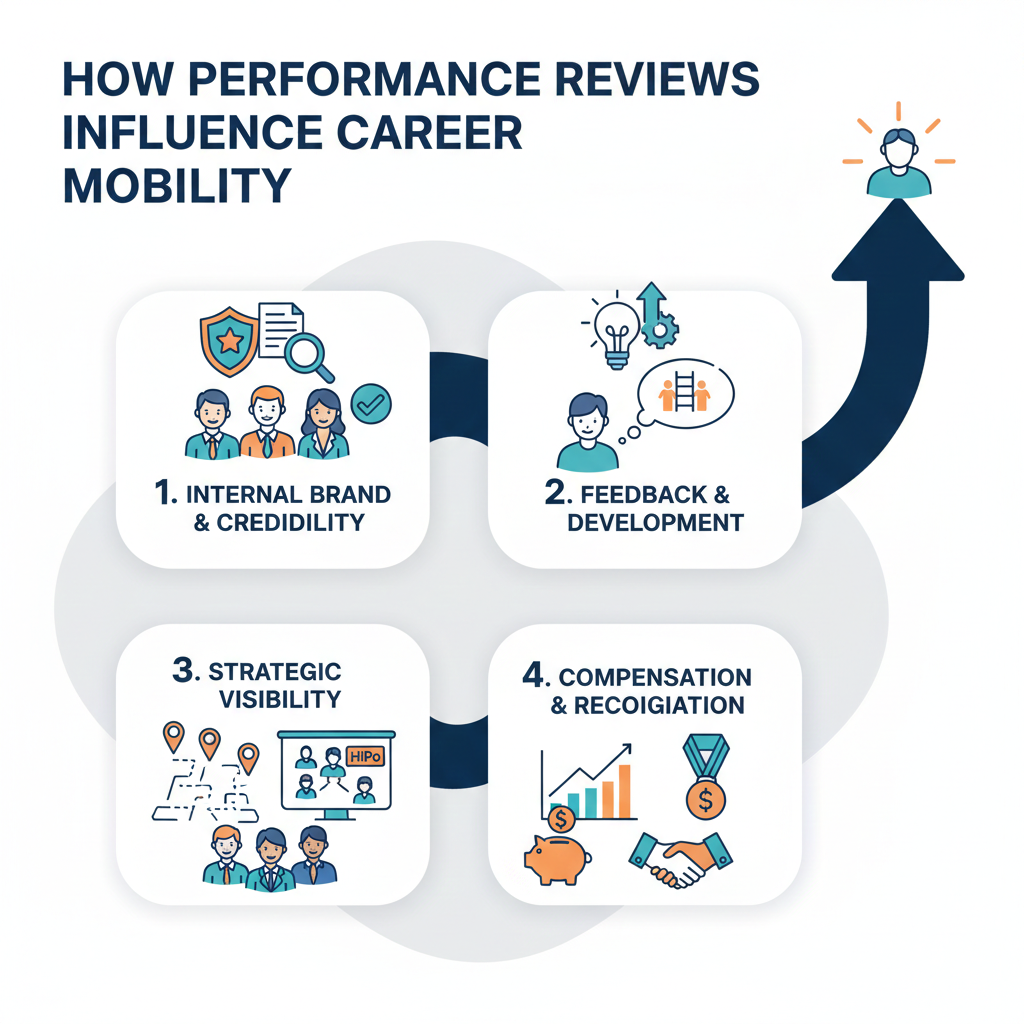Introduction
Working from home has become the new norm, but it also comes with challenges. One of the biggest is staying productive without office structure. That’s why learning time management strategies for work from home professionals is more important than ever. These strategies help remote workers plan effectively, avoid distractions, and create balance between career and personal life.
Time management is no longer just about squeezing more tasks into a day. For remote professionals, it’s about building systems that maximize productivity, reduce stress, and create space for personal well-being. When you manage time effectively, you’re not only more efficient but also more in control of your career and lifestyle. In this blog, we’ll explore practical time management strategies tailored specifically for work-from-home professionals. From daily planning and digital tools to discipline-building techniques and work-life balance, these insights will help you thrive in the modern remote workplace.
You can read the summary here.
The Foundation of Time Management – Planning Your Day
Start with Prioritization
The secret to effective time management starts before the workday even begins. Remote workers benefit greatly from daily and weekly planning. Creating a clear to-do list or digital task board ensures that urgent tasks don’t get buried under less important ones. The key is to focus on prioritization, not just completion. For instance, adopting the Eisenhower Matrix which divides tasks into urgent, important, non-urgent, and less important categories helps professionals identify what truly matters.
Morning Routines for a Head Start
Another essential element is building a consistent morning routine. Even though you’re working from home, following a set ritual like exercising, journaling, or reviewing tasks for the day sets a productive tone. A structured start ensures that you avoid falling into the trap of procrastination or late starts, which often derail remote productivity.
Weekly Reviews for Long-Term Control
Professionals should also dedicate time once a week to review ongoing projects. This overview provides clarity on what’s been achieved, what’s pending, and where adjustments are needed. By combining daily prioritization with weekly reflection, remote workers can avoid the common pitfall of drifting aimlessly through tasks.
Digital Tools That Maximize Efficiency
Task Management Platforms
Technology has revolutionized time management. Tools like Trello, Asana, and Notion act as digital dashboards where professionals can organize projects, set deadlines, and collaborate with teams. These platforms not only save time but also reduce mental clutter since tasks are clearly visible and trackable.
Calendar Management
Calendars are no longer just about appointments. Digital calendars such as Google Calendar or Outlook allow remote workers to block time for focused work, personal breaks, and even creative thinking. This method, often called time blocking, ensures that specific hours are dedicated to specific types of tasks, preventing distractions.
Automation and Focus Tools
Automation tools like Zapier or IFTTT help eliminate repetitive tasks by linking apps and automating workflows. Meanwhile, focus-enhancing tools such as Forest or Pomodoro timers encourage professionals to work in short, concentrated bursts, followed by breaks. This approach maintains energy throughout the day and combats fatigue.
By leveraging these digital tools, remote workers not only manage their schedules better but also create smoother workflows that save valuable time.
Building Discipline and Reducing Distractions
Setting Boundaries at Home
One of the biggest struggles for work-from-home professionals is maintaining boundaries between personal and professional life. Having a dedicated workspace, even if it’s just a small desk corner, signals to your brain that it’s time to work. This physical separation reduces distractions and helps you stay disciplined.
The Power of Micro-Goals
Breaking large projects into smaller milestones is another discipline-building strategy. Micro-goals create quick wins and maintain motivation throughout the day. Instead of feeling overwhelmed by an entire project, you focus on manageable steps that keep momentum alive.
Controlling Digital Distractions
Remote work often means constant notifications from Slack, email, and social media. Setting fixed times to check communication apps and silencing unnecessary notifications can drastically improve focus. Professionals who master digital boundaries find themselves completing tasks faster and with higher quality.
Balancing Productivity with Personal Well-Being
The Role of Breaks and Downtime
Time management is not just about doing more it’s also about maintaining balance. Short breaks throughout the day, such as a walk or stretching exercises, rejuvenate energy and enhance focus. Remote workers should adopt the 90-minute work cycle approach, where periods of deep focus are followed by restorative pauses.
Work-Life Integration
Unlike traditional office jobs, remote work often merges with home responsibilities. That’s why it’s important to consciously integrate personal and professional time. For example, scheduling family time in the calendar or setting a firm “end of work” signal helps maintain balance. This integration prevents burnout and promotes healthier routines.
Investing in Self-Care
Lastly, professionals should not underestimate the role of self-care. Activities like meditation, fitness, or pursuing hobbies outside of work boost mental clarity. By investing in physical and emotional well-being, remote workers can show up more energized and focused when it’s time to work.
Conclusion
Time management for work-from-home professionals is not about rigid schedules but about intentional living. By planning tasks, leveraging digital tools, setting clear boundaries, and balancing productivity with self-care, professionals can thrive in remote environments. The shift to flexible work is here to stay, and those who master time management will find themselves more successful, less stressed, and better equipped to enjoy both career growth and personal satisfaction.
The future of work belongs to those who can manage their time wisely. Start small, experiment with these strategies, and build a system that works for you. Ultimately, the ability to take control of your day is the key to mastering remote work.
Find Your Dream Job Today. Explore Endless Career Opportunities and Secure Your Next Role with the Best Job Tool







Leave a Reply